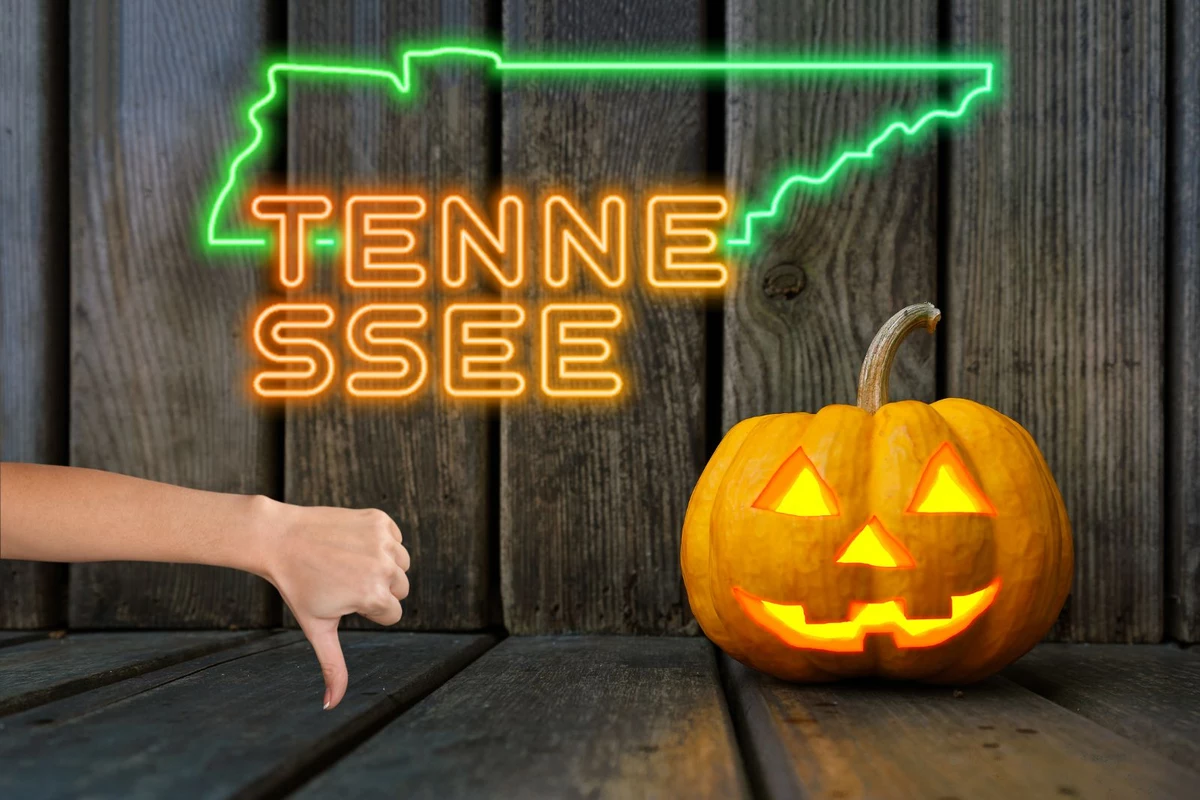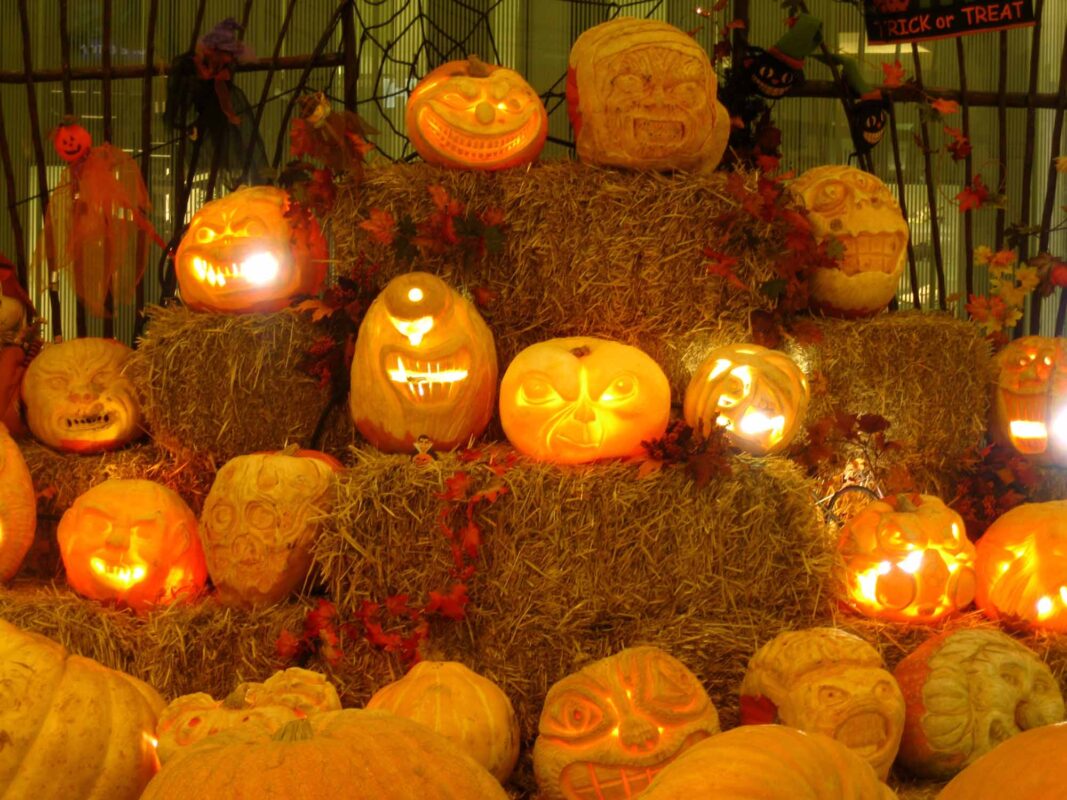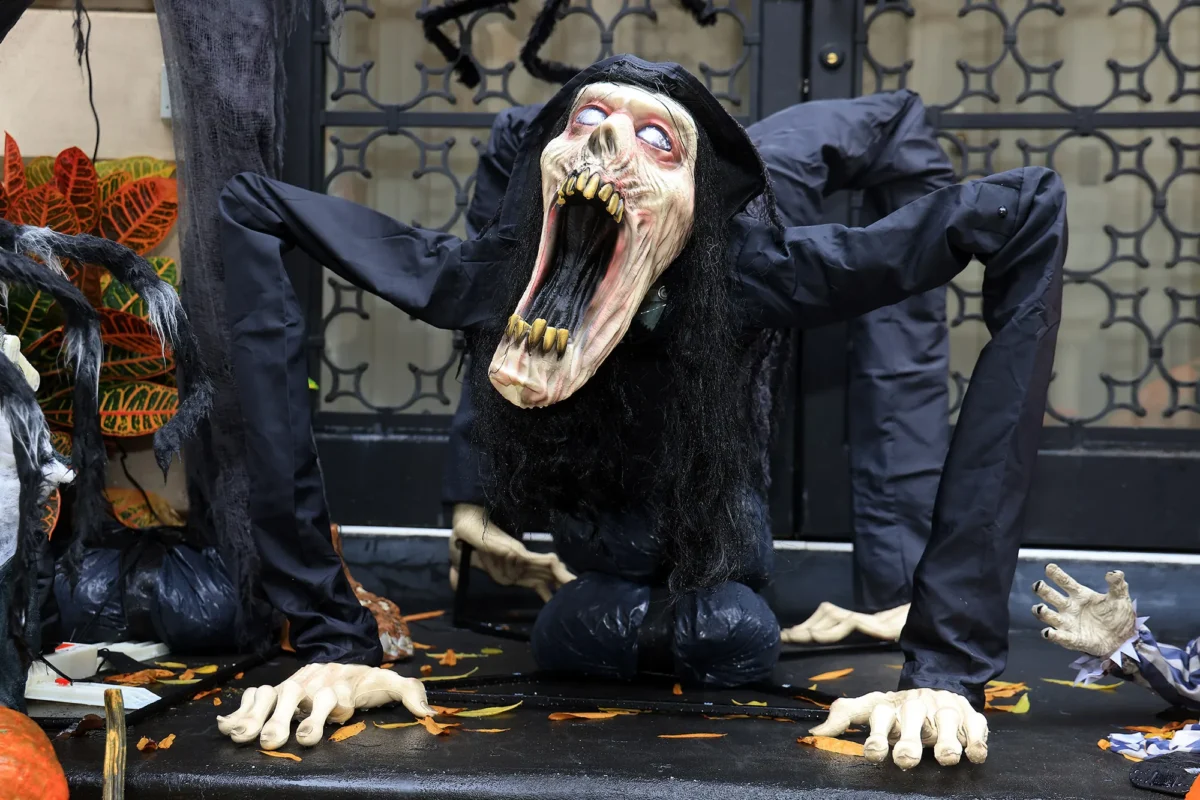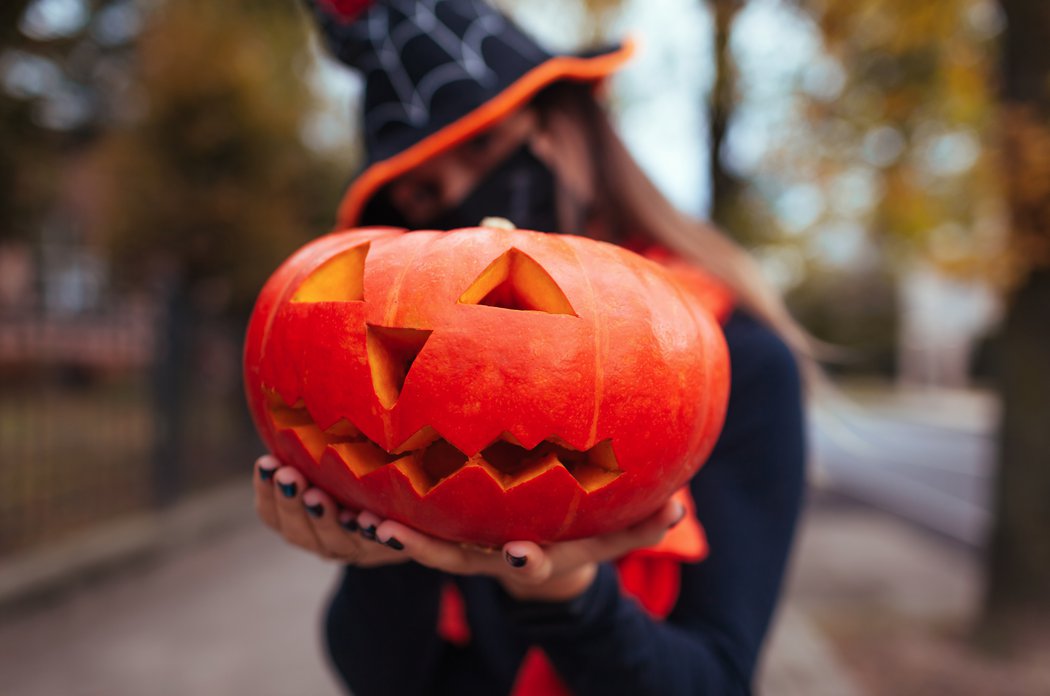SPORT & LIFESTYLE NEWS
Why Halloween Is Bad?
Halloween, celebrated annually on October 31st, is a time for costumes, candy, and spooky fun. However, not everyone views this popular holiday in a positive light. Some people raise concerns about the potential negative aspects of Halloween. In this article, we’ll explore “Why Halloween Is Bad?” and address the criticisms surrounding the holiday.
Why Halloween Is Bad?
While many people revel in the fun and excitement it brings, some individuals and groups raise concerns about the potential negative aspects associated with Halloween. These concerns span various areas, including commercialization, safety, cultural sensitivity, mental health, environmental impact, and the trivialization of spiritual realities. Each of these issues highlights different dimensions of why Halloween may be viewed negatively by some.

1. Commercialization and Consumerism
One of the primary criticisms of Halloween is its increasing commercialization. Over the years, the holiday has transformed from a celebration rooted in ancient traditions to a highly commercialized event with a strong focus on consumerism. Critics argue that this shift has led to an overwhelming emphasis on buying and spending, which can overshadow the holiday’s original intent and traditional practices.
Retailers have seized the opportunity to capitalize on Halloween by promoting an array of products designed to entice consumers. From elaborate costumes and decorations to an abundance of candy, the marketplace is flooded with items specifically geared towards the holiday. This intense focus on consumer goods has fostered a culture of excessive spending, where the joy of Halloween can become overshadowed by the pressure to purchase the latest costumes, the most elaborate decorations, and a variety of themed merchandise.

The commercialization of Halloween also contributes to a broader trend of materialism, where the value of the holiday is increasingly measured by the amount of money spent rather than the quality of experiences or the significance of traditions. The relentless marketing and advertising campaigns push consumers to continually upgrade their Halloween celebrations, promoting a cycle of consumption that can detract from the more meaningful aspects of the holiday, such as community bonding, creativity, and cultural appreciation.
Moreover, this commercial focus can shift the emphasis from the historical and cultural roots of Halloween towards profit-driven motives. As businesses prioritize financial gains, the authentic traditions and values associated with Halloween may become diluted or lost, replaced by a more superficial celebration driven by market trends and consumer demands.
In response to these concerns, some individuals and groups advocate for a return to more traditional and meaningful ways of celebrating Halloween. This includes focusing on homemade costumes, DIY decorations, and community-centered activities that emphasize the spirit of the holiday over commercial interests. By re-evaluating how we engage with Halloween, it is possible to reclaim its original significance and foster a celebration that values tradition and connection over consumerism.
2. Safety Concerns
Safety is another major concern related to Halloween. The tradition of trick-or-treating, where children go door-to-door collecting candy, raises worries about potential hazards. There are concerns about unsafe neighborhoods, the risk of tampered candy, and accidents involving pedestrians. Parents often worry about their children’s safety, which can overshadow the fun of the holiday.
3. Cultural Insensitivity
Halloween’s themes and costumes have faced increasing scrutiny in recent years due to concerns about cultural insensitivity. While Halloween is celebrated with a wide range of costumes and themes, some of these have been criticized for perpetuating harmful stereotypes or appropriating cultural symbols in ways that can be deeply offensive to certain communities.
One significant issue is the use of costumes that mock or trivialize specific cultures, races, or historical events. For instance, costumes that caricature traditional attire from various cultures or use sacred symbols as decorative elements can perpetuate stereotypes and diminish the significance of these cultural practices. This practice of cultural appropriation can result in the marginalization and disrespect of those whose traditions and identities are being misrepresented or commodified.

Similarly, costumes that depict historical events or figures in a superficial or exaggerated manner can be hurtful to those who have personal or cultural connections to these events. For example, costumes that depict sensitive historical periods, such as colonialism or war, in a trivializing way can evoke trauma and reinforce negative stereotypes.
The growing awareness of these issues has led to important discussions about the need for sensitivity and respect in Halloween celebrations. Many advocate for a more thoughtful approach to costume selection, urging individuals to consider the impact their choices may have on others. This includes avoiding costumes that perpetuate harmful stereotypes or appropriate cultural symbols without understanding their significance.
Efforts to address these concerns often involve educating the public about cultural awareness and encouraging more inclusive and respectful Halloween practices. By promoting sensitivity and respect, it is possible to celebrate Halloween in a way that honors diverse cultures and histories, rather than diminishing them.
4. Fear and Anxiety
The eerie and frightening elements of Halloween can be distressing for some individuals, particularly children. The focus on horror, ghosts, and ghouls can lead to fear and anxiety, which may not be suitable for everyone. For those who are particularly sensitive to such themes, Halloween’s emphasis on scares and frights can overshadow its fun aspects.

5. Impact on Mental Health
For some people, Halloween can have a negative impact on mental health. The pressure to conform to costume trends, the stress of hosting parties, and the overwhelming sensory stimuli from decorations and events can contribute to stress and anxiety. Additionally, the focus on horror themes may exacerbate existing mental health issues for certain individuals.
6. Environmental Impact
The environmental impact of Halloween is an increasingly significant concern as awareness about ecological issues continues to rise. This festive occasion, while enjoyable, contributes to several environmental problems that cannot be overlooked. One major issue is the widespread use of single-use plastic decorations. Many Halloween decorations, such as plastic spiders, skeletons, and ghosts, are designed for short-term use and often end up in landfills after the holiday is over. These plastic items take hundreds of years to decompose, contributing to long-term pollution in our landfills and oceans.
In addition to decorations, the trend of disposable costumes also adds to the environmental burden. Many costumes are made from synthetic materials that are not biodegradable and are often worn only once before being discarded. This practice results in a significant amount of textile waste, which exacerbates the growing problem of landfill overflow and resource depletion.
Excessive packaging of Halloween candy is another area of concern. Individually wrapped candies generate a considerable amount of plastic waste. Each piece of candy is encased in plastic or foil, which contributes to the overall environmental footprint of the holiday. The production, transportation, and disposal of this packaging further contribute to pollution and resource waste.
As environmental awareness grows, these issues have sparked criticism from various groups and individuals who are concerned about Halloween’s environmental impact. Advocates for more sustainable practices urge people to reconsider their Halloween habits, promoting alternatives such as reusable decorations, DIY costumes, and bulk candy purchases with minimal packaging. By making more eco-friendly choices, it is possible to enjoy the Halloween festivities while reducing our impact on the environment.
7. Trivializing Genuine Spiritual Realities
Some critics argue that Halloween trivializes genuine spiritual realities. The holiday’s focus on ghouls, ghosts, and supernatural themes can be seen as a superficial treatment of deeper spiritual or religious concepts. By emphasizing costumes and commercial entertainment over the more serious aspects of spirituality and the supernatural, Halloween may dilute or trivialize these genuine spiritual realities for those who hold such beliefs.

